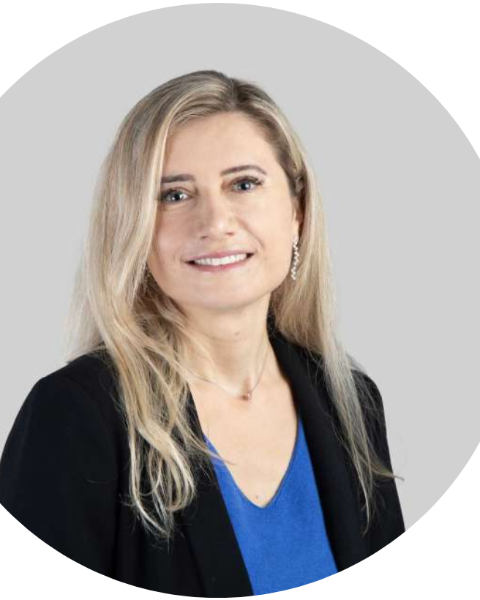Poster Presentation
Program Planning and Evaluation
Wednesday Evening Poster Reception
WED-117 - Addressing Stigma and Emotional Competence to Improve Mental Health Help-seeking in Ghanaian Adolescents
Wednesday, April 16, 2025
6:00 PM - 7:00 PM PST
Location: Pacific I/II, 2nd Floor
Area of Responsibility: Area II: Planning
Subcompetencies: 4.2.3 Use a logic model and/or theory for research., 4.1.1 Align the evaluation plan with the intervention goals and objectives.
Research or Practice: Research
Subcompetencies: 4.2.3 Use a logic model and/or theory for research., 4.1.1 Align the evaluation plan with the intervention goals and objectives.
Research or Practice: Research

Maria F. Rizzieri, MPH (she/her/hers)
PhD Candidate
Universita' della Svizzera italiana
Lugano, Ticino, Switzerland
Poster Presenter(s)
Learning Objectives:
At the end of this session, participants will be able to:
- Describe how the community resources (inputs), activities (workshops) and outcomes (increased help-seeking behaviours) to achieve the long-term goal of reducing mental health stigma among adolescents.
- Assess how resource outreach and community engagement effectively measure the progress towards increasing mental health awareness and mental help seeking support for the adolescents in the community.
- Upon completion, participants will be able to extrapolate the key elements necessary for the codevelopment of an intervention in West-Africa.
Despite the growing recognition of mental health disorders like depression, anxiety and suicide, these conditions are seen with stigma because people’s beliefs are divided by traditional healing and clinical care. Grounded in the Theory of Planned Behaviour (TPB), the help-seeking program will raise awareness through 12 workshops over the months of January and February of 2025, reaching at least 200 adolescents. The project is aiming to breach the community stigma with the available local resources.
Detailed abstract description: Attending this presentation offers an opportunity to gain invaluable insights into a innovative initiative aimed at tackling one of the most pressing issues faced by adolescents in Ghana—mental health stigma and the barriers to seeking help. For anyone working with young people, whether in education, healthcare, or community development, this presentation is a must. It provides practical, research-based strategies that can be adapted to different contexts to promote mental well-being and encourage help-seeking behaviors among vulnerable populations. You will learn about the real-world application of the Theory of Planned Behaviour (TPB) and how it is used to shape attitudes, challenge social norms, and increase behavioural control over help-seeking actions. You will hear firsthand how the program in Dodowa leverages existing community assets, like teachers, health workers, and adolescents themselves, to create a sustainable model of mental health support. This community-centered approach not only fosters resilience but also addresses systemic challenges like stigma and lack of resources. This initiative can inspire similar projects in other regions facing comparable issues. You will have actionable ideas on how to integrate local resources and partnerships into your own interventions, whether you are working in urban or rural settings. You will also dive into the specifics of the MEL framework, which ensures that the project’s impact is measurable, scalable, and sustainable. You will discover how tracking indicators like counseling referrals and participation in peer-led support groups provides critical feedback to continuously improve the program. This is especially relevant if you are looking for insights into creating data-driven programs that evolve based on real-time results. For those concerned about community engagement and sustainability, this presentation offers a blueprint for how to embed mental health support within existing community structures and how this will strengthen the community’s capacity to support its young people after the program ends. These insights will be particularly useful if you are working in contexts where external resources are limited and you need to maximize local involvement and ownership. If you are passionate about breaking down mental health barriers and empowering adolescents to seek help, this presentation will provide both the inspiration and the practical tools you need. Whether you are a mental health professional, an educator, or a community leader, this presentation will equip you with the knowledge and tools to create real change in the lives of adolescents like Ama. In essence, this presentation is not just a report on an intervention—it’s an invitation to rethink how we approach mental health in resource-constrained environments.
